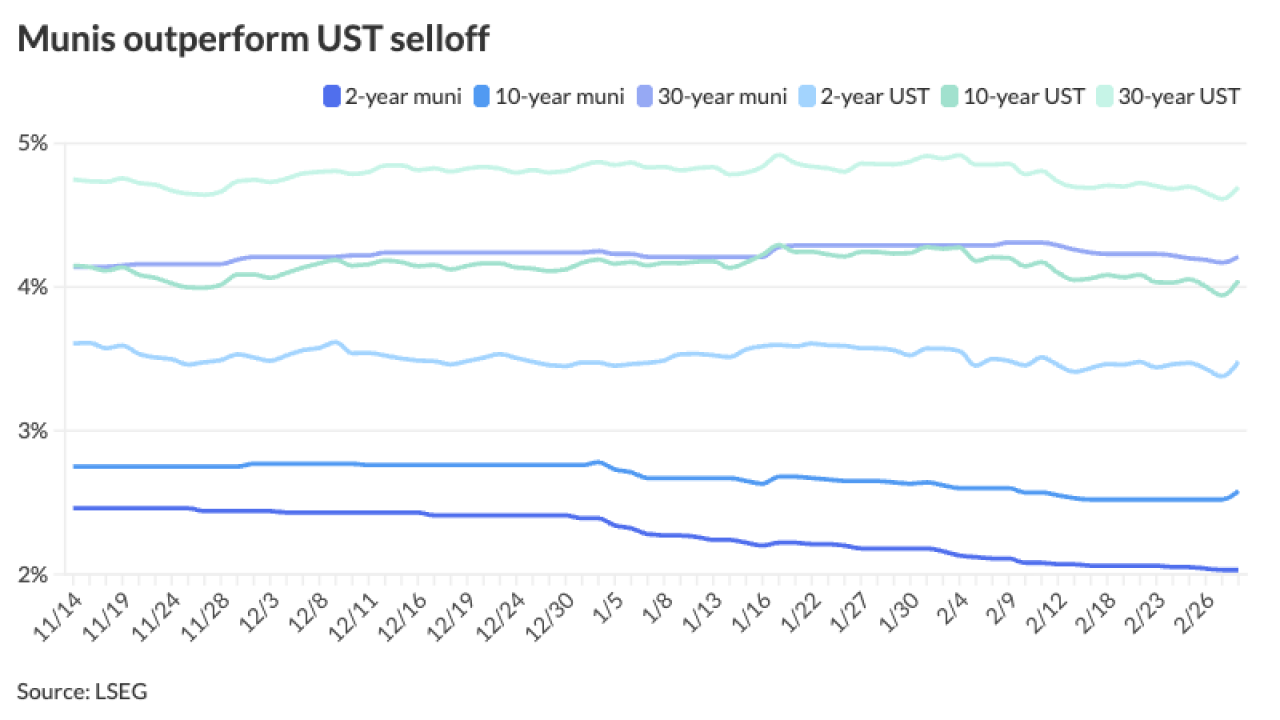DALLAS — The plan to balance Oklahoma’s $6.5 billion budget with a diversion of highway tax revenues has been challenged as unconstitutional by an Oklahoma City attorney.
The lawsuit filed with the state Supreme Court by attorney Jerry Fent contends that the plan violates the state constitutional prohibition on the use of taxes collected for one purpose from being used for anything else.
The 2011 Legislature took $101.7 million of fuel tax revenues from the Oklahoma Department of Transportation’s revolving fund dedicated to an eight-year program to upgrade and maintain roads and bridges.
The diverted funds are to be transferred into a special cash fund and distributed to 10 state agencies not associated with transportation, including public and higher education. The Legislature put a total of $357 million into the special fund.
To compensate the highway department for the loss of the funds, lawmakers authorized a $70 million bond issue for ODOT. The department is also set to receive $35.7 million from a state transportation account established by the Legislature in 2010.
In his filing, Fent said the diversion of the fuel taxes in HB 2170 is not allowed under the provision of Article 10, Section 19 of the Oklahoma Constitution that “no tax levied and collected for one purpose shall ever be devoted to another purpose.”
Fent said if he is successful in his suit, the highway department could keep the $101 million now being diverted, as well as the $70 million bond authorization.
Gov. Mary Fallin, Treasurer Ken Miller, and ODOT are named as defendants in Fent’s suit. He has asked the court to rule on the case before July 1, when the budget law would go into effect.
A court referee will hear the case June 21.
Alex Weintz, Fallin’s communications director, said the governor is confident the state will prevail in the dispute.
“Gov. Fallin and her staff have vetted this issue and are satisfied that the specifics of the budget are legal and consistent with current case law,” Weintz said. “Furthermore, any money taken from the transportation fund in the fiscal year 2012 budget is replaced with funding through a transportation bond and additional long-term funding.”
The transfer was a key part of Fallin’s plan to cover a $600 million revenue gap in fiscal 2012.
House Speaker Kris Steele, R-Shawnee, said the diversion complies with constitutional requirements.
“This budget was fully vetted by the Legislature and several fiscal and legal staff members to ensure it met the letter of the law,” Steele said. “The manner in which the transportation fund money was appropriated is consistent with prior court rulings and current law.”
The highway bond plan passed in the 101-member House with a bare majority of 51 votes, and failed once in the Senate before being revived and passed the next day.
The $101 million is to be taken from a revolving fund established by the Legislature to help finance road projects.
The fund, which is capped at $400 million, was to have provided $250.7 million to ODOT in fiscal 2012 before the legislative diversion.





